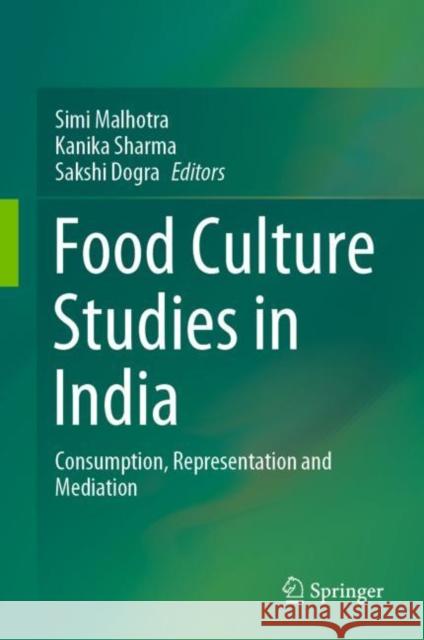Food Culture Studies in India: Consumption, Representation and Mediation » książka
topmenu
Food Culture Studies in India: Consumption, Representation and Mediation
ISBN-13: 9789811552533 / Angielski / Twarda / 2020 / 163 str.
Food Culture Studies in India: Consumption, Representation and Mediation
ISBN-13: 9789811552533 / Angielski / Twarda / 2020 / 163 str.
cena 402,53
(netto: 383,36 VAT: 5%)
Najniższa cena z 30 dni: 385,52
(netto: 383,36 VAT: 5%)
Najniższa cena z 30 dni: 385,52
Termin realizacji zamówienia:
ok. 22 dni roboczych.
ok. 22 dni roboczych.
Darmowa dostawa!
Kategorie:
Kategorie BISAC:
Wydawca:
Springer
Język:
Angielski
ISBN-13:
9789811552533
Rok wydania:
2020
Wydanie:
2021
Ilość stron:
163
Waga:
0.44 kg
Wymiary:
23.39 x 15.6 x 1.27
Oprawa:
Twarda
Wolumenów:
01
Dodatkowe informacje:
Wydanie ilustrowane











